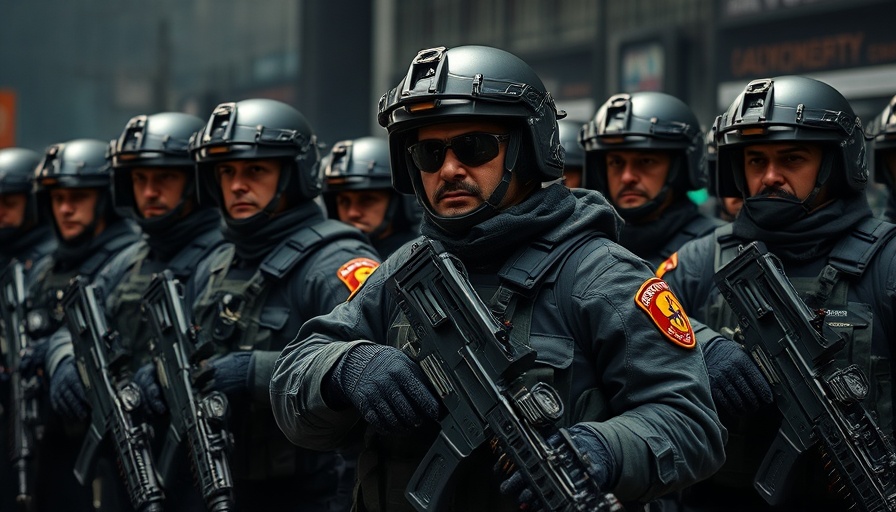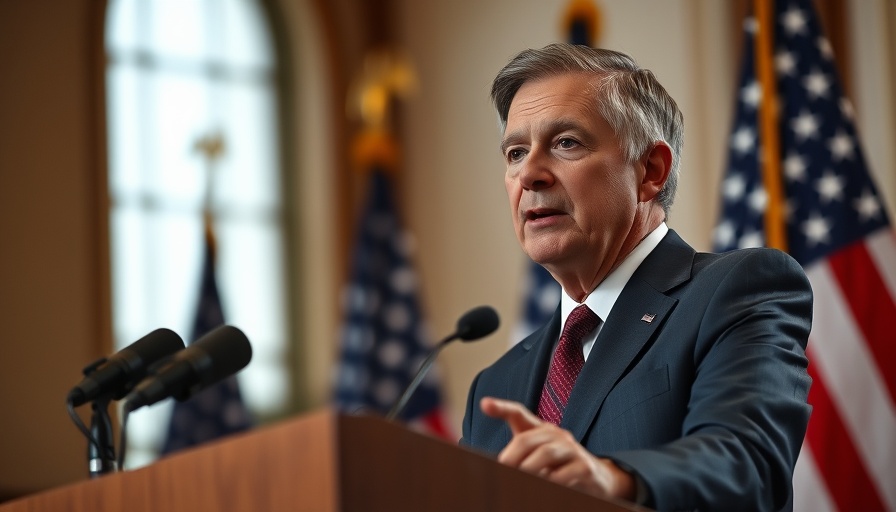
National Guard Deployment Amid Immigration Protests: What It Means
On June 8, 2025, President Donald Trump ordered the deployment of 2,000 National Guard members to Los Angeles to manage rising tensions surrounding immigration protests. This unprecedented move has sparked significant backlash from California Governor Gavin Newsom, who labeled the deployment "unlawful" and stated it could heighten already volatile circumstances.
The White House justified this action by claiming violent clashes between demonstrators and federal officers had resulted in over 100 arrests. "Violent mobs have attacked ICE Officers and Federal Law Enforcement Agents carrying out basic deportation operations," stated White House press secretary Karoline Leavitt, emphasizing the administration's perception of an escalating crisis.
Understanding the Federalization of State Troops
Federalizing the National Guard is a power invoked by the president under specific circumstances, often framed within national security or emergency responses. In this case, Trump’s decision saw a significant component of California’s National Guard placed under federal command instead of being managed by state leadership. This action has constitutional implications, raising questions about the balance of power between local and federal governance.
Local Authorities’ Response and Implications
Governor Newsom’s formal request to rescind the order is historic. He argues effectively that local law enforcement is sufficiently equipped to handle protests without federal intervention. According to his administration, state and local resources are adequate to maintain order without escalating tensions, which Newsom believes the deployment does.
What Taxpayers Should Know
As U.S. taxpayers, understanding the costs and implications of such military deployments is essential. The deployment of National Guard troops not only affects local governance but also has financial ramifications for taxpayers, who may ultimately foot the bill for federal operation costs. Awareness of budget allocations towards such measures can empower citizens to engage in discussions about their preferences surrounding law enforcement and military actions.
The Bigger Picture: Protests and Immigration Policy
The Los Angeles protests reflect broader national conversations about immigration policies under the Trump administration. These tensions highlight significant societal divides, with public sentiment often running strong on both sides of the immigration debate. Citizens should remain informed as these developments may affect local economies and community safety.
 Add Row
Add Row  Add
Add 




 Add Row
Add Row  Add
Add 

Write A Comment